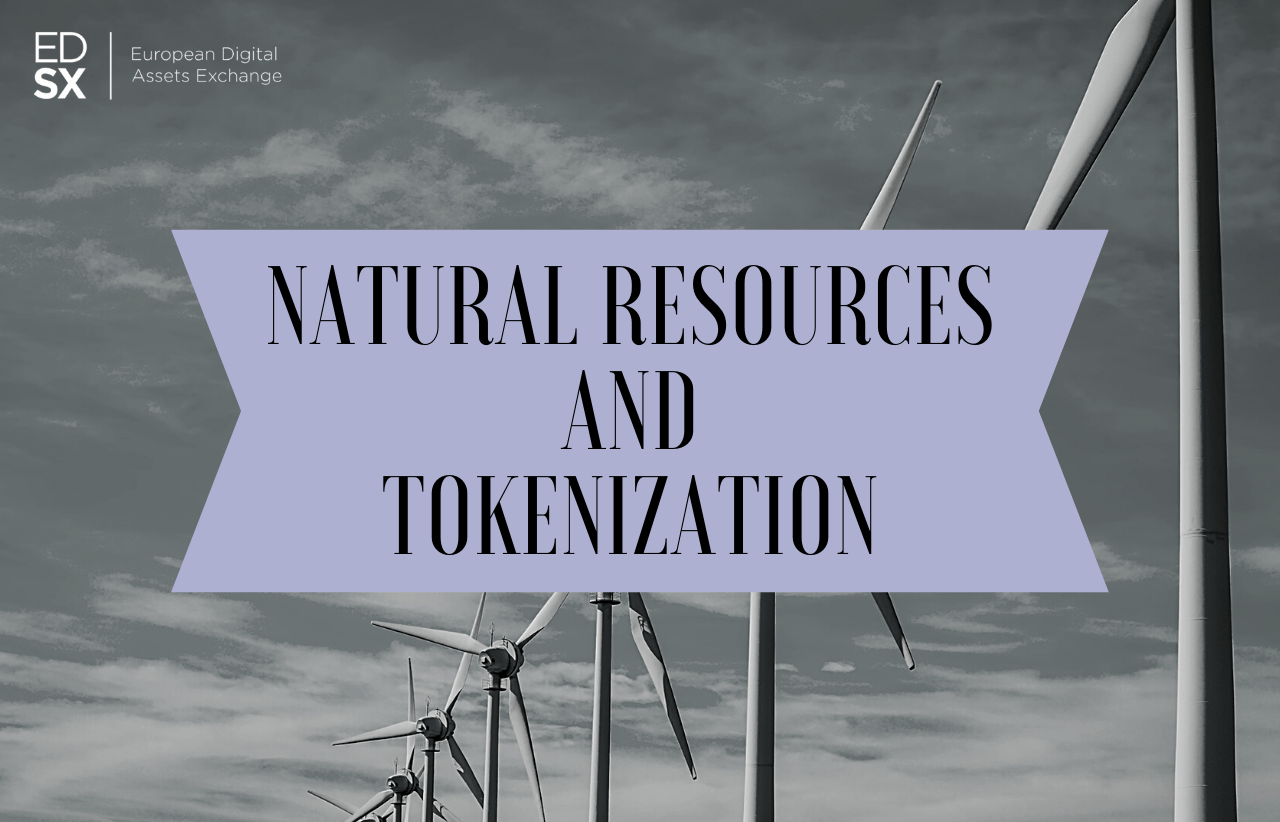The prices of natural resources have soared during the last year, increasing by 50%-75%. This creates a significant interest from investors and makes businesses very attractive and profitable. In contrast, investors have very limited opportunities to invest in commodities companies. Therefore, raising capital to start or grow your natural resources business is challenging. All of these factors has made the tokenization of natural resources an attractive option.
Two models can serve as leads:
- The first model suggests tokenizing the commodity itself — a piece of gold or oil and gas. In this case, a token holder owns a fraction of, let’s say, the barrel of oil or gold bar. The process is similar to the tokenization of real estate.
- The second model suggests tokenizing the natural resources business. In this case, the investors acquire securities issued by the company involved in extracting, processing, and selling natural resources and will have a right to share its profits.
Invest in sustainability (ItWorldCanada*)
Industry surveys show that greenwashing is the leading concern for nearly half of all investors in sustainable financial products. The immense immense challenge of auditing the data behind green funds, bonds, and carbon credits is a systemic risk to an investment category that doubled between 2020 and 2021. Furthermore, we expect the green bond value to reach US$1 trillion in 2022.
Similar to the measurement of underground carbon sequestration, an array of measurement and visual data captured. QR scanners, cameras, and drones gather information about natural asset ecosystems such as forests, grasslands, and coastlines and can register it on-chain. It is verified by third-party organizations against international standards, which is later fractionalized into tokens. These tokens would form the base units of funds and investment products.
Assets could be ranked through oracles from research agencies and NGOs, providing price support and investor confidence. In the green sector, blockchain can reimagine an automated, digitized economy to meet the climate challenge’s scale, building liquid ecosystem service investments without manual verification or misrepresentation risks.
In the future, whole biomes might trade on public digital markets, composed of fractional assets representing diverse types of value. Tokens’ programmable nature allows them to attach to conventional transactions as well. For example, it would act like a green surcharge or impact offset, making meaningful climate action an automated layer on top of traditional economic activities.
Natural Assets into Crypto
Turning natural assets into crypto assets on decentralized blockchains has the potential to give natural assets the following important properties:
- Transparent uniqueness: as companies and governments invest substantial sums to achieve carbon neutrality by investing in natural assets in distant lands, ensuring that these assets are not “double spent” becomes crucial.
- Instant access to global markets: borderless, permissionless transactions verified on-chain will enable participants to participate in natural asset markets anywhere in the world.
- Enhanced liquidity: It’s much easier to trade stocks on the blockchain. The business becomes even more attractive to investors because it empowers them to exit more easily when they are dissatisfied with the performance or simply need to lock in profits.
- Use as collateral: lending, insurance, stable coins, and other on-chain financial products can use collateralized tokenized assets.
- Open third-party verification of asset quality (oracles): not all natural assets are created equal, and their quality changes over time. Adding on-chain identifiers like source and age can aid in determining the asset’s quality as it undergoes global trade.With tokenized assets, any third party can add verification and quality data.
Tokenized natural resources have the potential to become one of the largest crypto asset classes. All of it due to the sheer scale of the world’s natural assets.
Blockchain technology makes the governance of commons at scale. This happens when you combine it with the social power of legitimacy and trusted oracles for climate data. Aligning financial incentives will unlock the true value of natural assets and aid in the resolution of the climate crisis.


Based in Zug, the platform is fully compliant with all Swiss laws related to financial intermediaries, banking, anti-money laundering, and organized trading facilities. Among its core values, there are innovative solutions through blockchain technology, which ensures security and liquidity.
EDSX is the first platform in Europe with primary and secondary markets for both institutional and retails. EDSX is a pioneering platform that employs the world’s leading technology to globally list security tokens in both primary and secondary markets, listing digital securities of real financial instruments to the public with a decentralized peer-to-peer exchange. Our goal is to fully engage every aspect of the financial revolution.
Do you have a question for us?
Send your query here:
[email protected]

